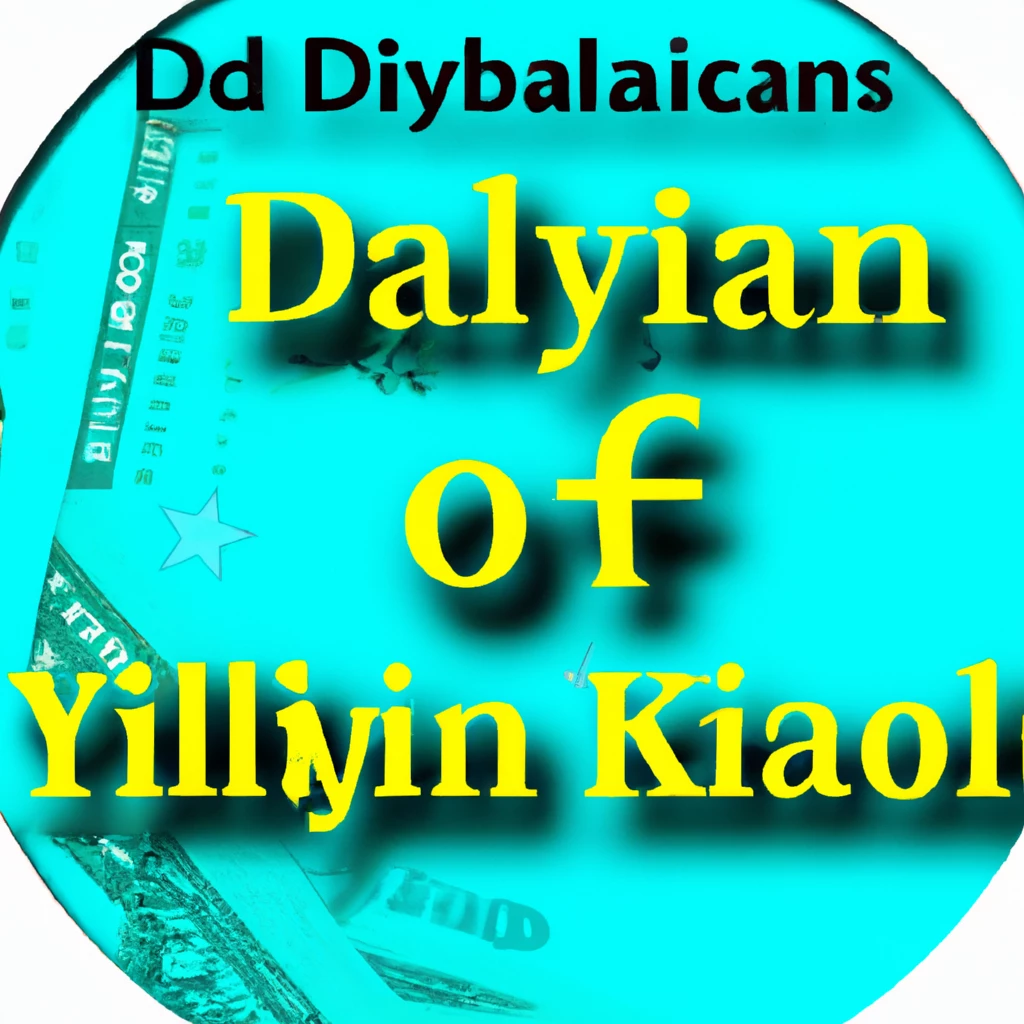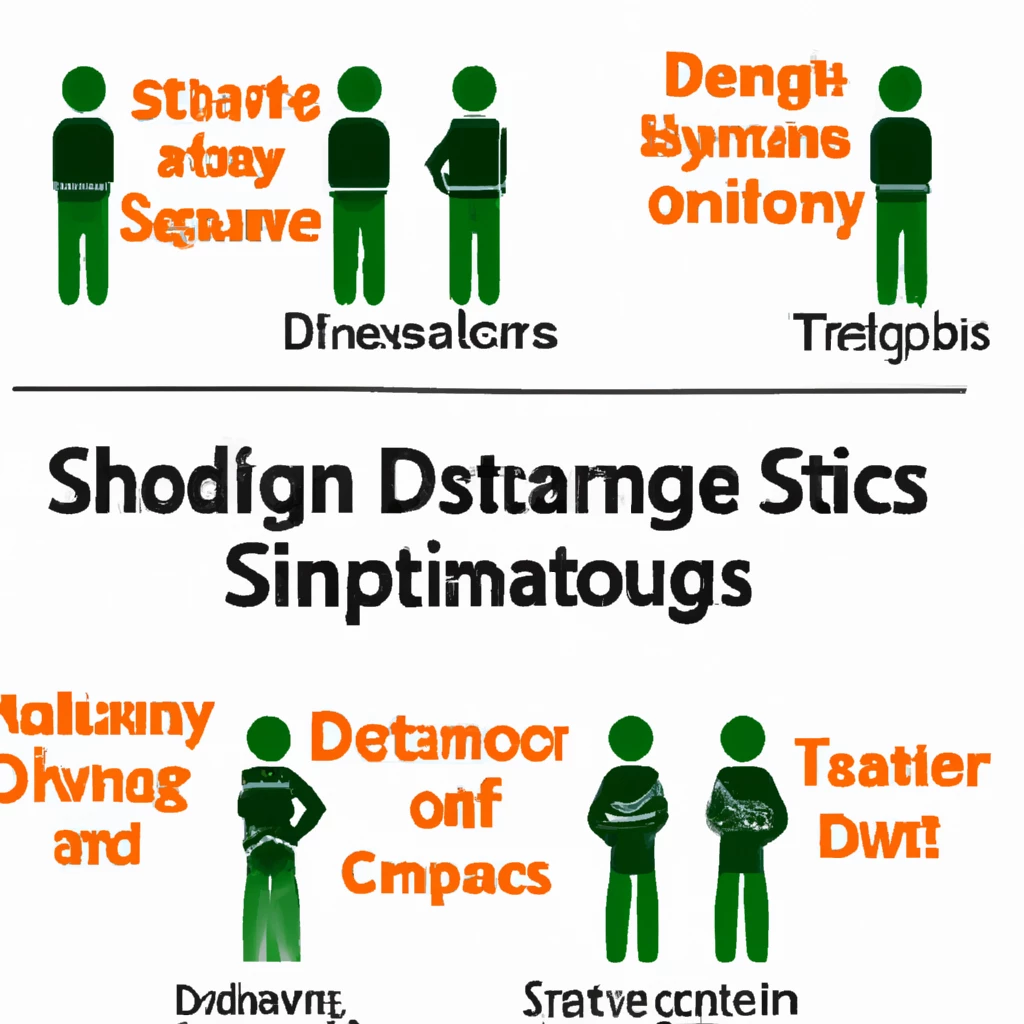
What Is the Eurodollar?
Eurodollars are U.S. dollar-denominated deposits held at foreign banks or overseas branches of American banks. These deposits, not governed by U.S. regulations, offer various advantages. Originally concentrated in Europe, they are now also prominent in locations like the Bahamas and the Cayman Islands.
Key Takeaways:
- Eurodollars are dollar-denominated accounts at foreign or American bank branches abroad.
- The eurodollar market is a major global capital market with complex financial instruments.
Understanding the Eurodollar
The eurodollar market, known for its regulatory freedom, provides the opportunity for higher interest rates due to its offshore nature. Although subject to geopolitical and economic risks, the stability of the locations where these deposits are held mitigates these concerns.
Being a primary international capital market, the eurodollar market relies on a consistent influx of depositors placing their funds in foreign banks. A decrease in deposits can lead to liquidity issues for these banks.
Eurodollar deposits, typically substantial and ranging from $100,000 to millions, carry interest rates based on factors like the fed funds rate and LIBOR. Transactions are commonly for overnight periods but can extend to longer durations.
The majority of eurodollar transactions are short-term, maturing within a day or two. Processing involves systems like Fedwire and CHIPS for interbank transfers. Deposits with longer maturities often take the form of certificates of deposit (CDs) with limited secondary market availability.
History of the Eurodollar
The eurodollar market emerged post-World War II when the U.S. aided Europe’s reconstruction through the Marshall Plan, resulting in a surplus of U.S. dollars abroad. These funds led to the creation of the eurodollar market, operating outside U.S. regulations and offering higher interest rates.
American and European banks play key roles in the eurodollar market, with many American banks managing eurodollar deposits in offshore jurisdictions like the Caribbean. Transactions are executed by U.S.-based traders to support both domestic and international banking activities.







